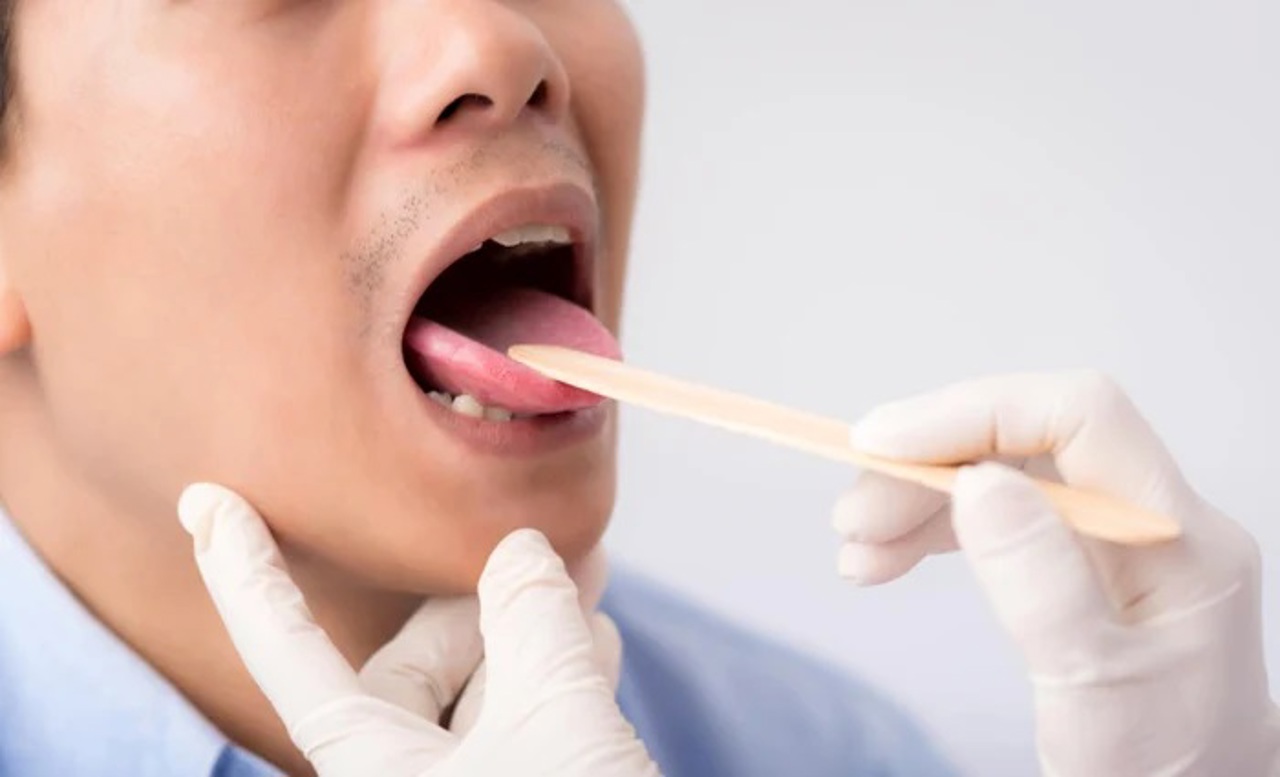Salt & blood pressure: A hidden health risk
Diet plays a significant role in human health, and one potent factor linked to a major health concern – hypertension – is salt intake.

Studies estimate that unhealthy diets contribute to a staggering 50% of all hypertension cases, with excessive salt consumption accounting for 30%.
The gravity of the situation is stark. Globally, over 10 million lives are lost to hypertension annually. According to estimates from ansp.md, a staggering 46% of adults worldwide remain unaware of their hypertension, and only 21% manage to control their blood pressure effectively.
In Moldova, the picture is similarly concerning. A 2021 study revealed that 35% of adults aged 18-69 have elevated blood pressure, with a mere 13.4% successfully managing it.
Risk factors for hypertension fall into two categories: unmodifiable (age, family history, ethnicity) and modifiable (lifestyle choices). Among the latter, unhealthy diet, insufficient physical activity, smoking, and alcohol consumption stand out as key culprits.
But here's the catch: many underestimate their salt intake. While they may not add salt liberally during cooking, the sodium lurks in everyday items like chips, crackers, processed foods, sauces, meats, and cheeses.
Sare, as salt is called in Romanian, also doubles as a powerful preservative, making its way into countless products to extend shelf life. Often, manufacturers mask the excessive saltiness with additional preservatives, further blurring the lines for unsuspecting consumers.
The result? Salt dissolves, enters the bloodstream, and draws more fluid into the blood vessels. This, in turn, increases pressure on the heart and vessels, ultimately leading to higher blood pressure and jeopardising overall health.
The message is clear: ditch the excess salt and embrace fresh, unprocessed options. Your heart will thank you.
Translation by Iurie Tataru




